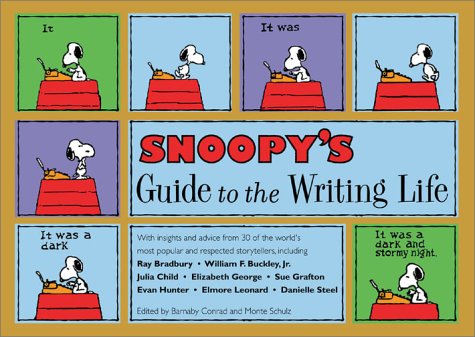Other publishers are looking for issue related titles:
Divorce Recovery, Depression, Spousal Abuse, Cancer, and Overcoming
Living with Disabilities. These books will find a pretty large audience due to general
relatability.
When one breaks these issues down to a smaller audience,
then we are looking at a niche audience. Battling and Surviving Eye Cancer,
Pastoral Wife Abuse, and The Plight of the Homeless Vet. We know these are
actual demographics, but they are smaller, and more difficult to reach. This
type of audience is best met through a speaking platform or online forum. For
this author, most book sales will happen at the back of the room after a
speaking engagement.
 My nonfiction clients have several large challenges. One of
the largest is discoverability (though
the demands on a fiction writer’s platform are increasing). How is the reader
going to find them and their book? The other is breaking into a publisher as an
expert on a topic. If a large publisher has an established and well known
writer on the subject of marriage, they will most likely continue to invest in
the author making them money. As this writer ages out, the door will again open,
but only to a writer well connected online with their readers felt needs.
My nonfiction clients have several large challenges. One of
the largest is discoverability (though
the demands on a fiction writer’s platform are increasing). How is the reader
going to find them and their book? The other is breaking into a publisher as an
expert on a topic. If a large publisher has an established and well known
writer on the subject of marriage, they will most likely continue to invest in
the author making them money. As this writer ages out, the door will again open,
but only to a writer well connected online with their readers felt needs.
One can have a great nonfiction book topic, well written outline
and sample chapters and still get nowhere near a publishing committee. If after a few query’s resulting in a
rejection due to insufficient platform (though I believed they had impressive
numbers), I recommend to my clients we table their book and dissect their
individual platform building needs. Building up their speaking platform is of
utmost importance. This means planning to attend a speaker’s conference, and
joining a few speakers’ organizations. Contacting their local organizations
with their speaking topics list, tweaked to meet that particular organizations
needs. And all of this takes time. If
you do it right, at least two years.
For a nonfiction writer attempting to break into today’s
market, the book comes after discoverability. In my mind speaking engagements and
maintaining a vibrant online presence is a necessary ingredient to ones success.
If you believe you have been given something that can be a help to others, check out this list of organizations, conferences, and webinar offerings. Find one that fits your budget and schedule. Let this be the year you take a leap and develop your discoverability and expand your influence and reach.





















